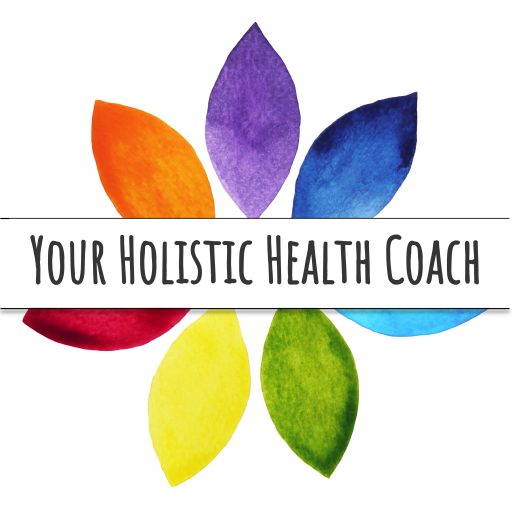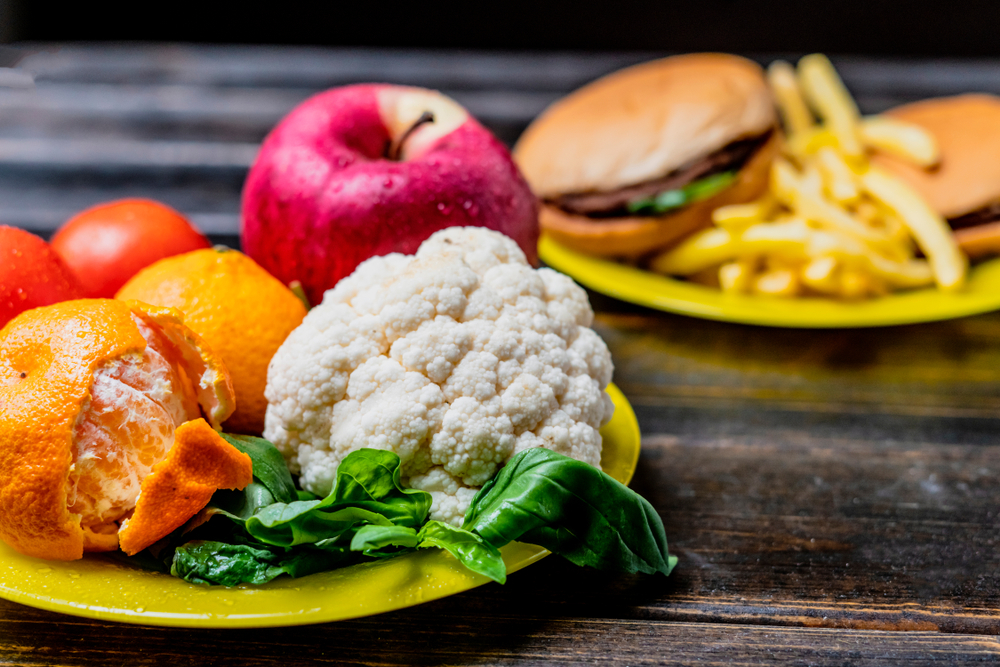Healthy Eating Tips Every Vegetarian Needs to Know
Are Meatless Mondays intriguing? Wondering what vegetarians eat and how vegans get protein? Tasty, healthy, socially conscious plant-based meals can be part of any diet… and yet, this dietary approach is always prompting a lot of questions. How about digging in a little with me as I share the healthy eating tips every vegetarian needs to know?
What is a vegetarian diet?
- A vegetarian diet is one excluding meat, poultry and seafood.
- A fully plant-based vegan diet is further excluding eggs and dairy.
Now, you might be thinking that vegetarian diets all include a lot of vegetables… right? Unfortunately, not all do. There are plenty of junk foods that are vegetarian and vegan. Oreos, twinkies, potato chips, mashed potatoes, french fries, processed meat substitutes, etc are all junk food options. Grains, nuts, and plant fats are also vegetarian and vegan. Occasionally, those foods are okay, but a diet of those alone is lacking! While we think that the terms “vegetarian” and “vegan” are health conscious, they do not necessarily mean “healthy.”
Well-planned, balanced, nutrient-dense vegetarian and vegan diets, on the other hand, focus on plant foods that are packed with nutrients. This type of diet can be appropriate for people of all ages including infants, children, teens and pregnant and breastfeeding women, adults and seniors.
Are there health benefits?
Yes! First, vegetarians often have healthier body weight, lower cholesterol and lower blood pressure than non-vegetarians. In addition, rates of heart disease, cancer and Type 2 diabetes is also lower in plant-based eaters. These health benefits may result from higher intake of fiber and phytonutrients from fruits, vegetables, leafy greens, whole grains, and nuts along with lower intakes of saturated fats.
Healthy Plant-Based Foods
Vegetables:
- Veggies are packed with vitamins, minerals and fiber.
- Choosing vibrant colors, especially orange, red and dark green ensures that your diet will contain plenty of vital nutrients.
- Broccoli, bok choy and collard greens provide calcium; Spinach, iron and bell peppers, Vitamin C. The list goes on and on!
- Fresh is best, frozen is fine. Most frozen produce is flash frozen at the peak of freshness so you do not lose any nutrition AND you get the benefit of the best flavor!
- For canned veg, be looking for brands that don’t add salt. Choose BPA free cans to reduce exposure to those extra toxins.
Fruits:
- Colorful, seasonal fruits supply fiber, phytonutrients and anti-oxidants that help your body fight free radicals and stay healthy.
- Eat a wide variety of colorful fruits, including fresh, frozen and canned with no added sugar.
- Berries are low glycemic, meaning they do not trigger a big spike in blood sugar when eaten in moderation. Their fiber content is part of the secret that maintains blood sugar balance.
Grains:
- Whole grains can be part of a healthy diet.
- Quinoa and millet are high in protein and gluten-free.
- Wild rice, buckwheat and gluten free oats are packed with fiber and nutrients.
- Steer clear of refined flours, pasta and breads in favor of whole grain options.
- Some people are sensitive to gluten, lectins and phytates. These are natural components of most grains. If you feel tired, bloated, achy or otherwise “off” after eating grains, this may be an issue for you.
Proteins:
- It’s a myth that vegetarians have a hard time getting enough protein!
- All plant foods are made up of amino acids, and amino acids are the building blocks of protein!
- Just like gorillas can get their protein from grasses and plants, so too can you!
- Beans, peas and lentils are packed with protein and have the added benefit of iron, zinc and fiber.
- Nuts, seeds and soy products are also great choices.
- My favorites, quinoa and hemp contain all the amino acids to make a complete protein!
Fats:
- Healthy plant-based fats promote brain health and have cardiovascular benefits.
- Fats are needed for fertility and to create easily passed stool too!
- Coconut oil, avocado and avocado oil and olive oil can be part of a healthy diet.
- Nuts and seeds are also sources of healthy fats.
Dairy:
- Dairy milk, yogurt and cheese contain calcium but it is a form that the body cannot easily absorb. On the other hand, non-dairy alternatives are fortified and don’t include the risks of hormones and animal by-products.
- Nuts milks, hemp milk, oat milk, coconut milk and soymilk are all readily available.
- Rice milk is another option. However, it tends to be overly sweetened and is generally not an everyday choice. All rice is a natural source of arsenic. Some varieties contain more than others. In general, rice should be an occasional food.
Beautiful, Healthy Plant-based Meal and Snack Ideas
A healthy vegetarian or vegan eating style depends on variety. Here are some ideas to get you started.
Breakfast
- Spread mashed avocado on a slice of whole-grain or gluten free bread and top with sprouts and hemp seeds for a balance of protein, fat and fiber!
- Spread almond butter on a whole-grain toasted bagel and top with thin apple slices.
- Soaking ½ cup gluten free oats overnight in 1 cup non-dairy milk and topping with nuts and fresh fruit or dried cranberries in the morning makes for a quick breakfast
- Whole-grain toaster waffle topped with blueberries and tahini
Lunch
- Veg burger or falafel with non-dairy cheese, mushrooms, tomato, lettuce and pickles on a whole-grain bun
- Salad: leafy greens, cut-up vegetables, beans or tofu, fruit, nuts, hemp seeds
- Peanut butter and banana sandwich on whole-wheat bread with carrot and celery sticks
- Avocado roll with seaweed salad and miso soup
Dinner
- Start with chili made with beans, lentils and quinoa. Then, top with shredded non-dairy cheese and add a side of cornbread and salad
- Whole-grain pasta with tomato sauce plus vegetables (mushrooms, tomatoes, eggplant, peppers and onions) and a gorgeous green salad
- Pizza with or without cheese, topped with your favorite vegetables and arugula
- Tacos or burritos filled with beans, corn, diced tomatoes, shredded lettuce, cilantro and avocado
- Vegetable stir-fry with quinoa
- Butternut squash soup with a mixed salad and whole grain flatbread
- Use baked russet or sweet potato as a base. Then, top with sautéed mushrooms, broccoli and melted Daiya cheese and chives. Or, try hempseeds, avocado, minced parsley and pine nuts.
Snacks
- Hummus with pita wedges, celery sticks, bell pepper strips and carrots
- Prepare and keep sliced veggies and fruits in the fridge for quick snacking and meal prep.
- Top a bagel with nut butter
- Coconut Yogurt layered with crunchy granola, hemp seeds and sliced fruit
- Enjoy a cup of vegetable soup and whole grain crackers
- Mashed avocado topped with crushed red pepper and a pinch of salt
What is your dietary approach? Is plant-based eating something you would try? Sharing is caring… do you have any other healthy eating tips every vegetarian needs to know?
Want a copy of these tips in a handy pdf? Click here for instant access –> Healthy Eating Tips for vegetarians

